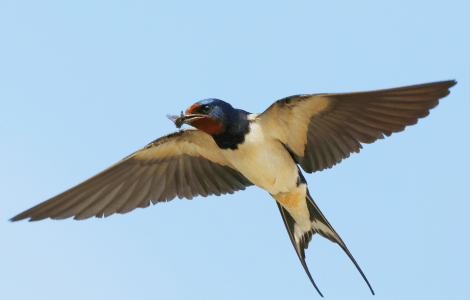Population and community dynamics
Studying the demographic changes of populations and communities influencing environmental changes is a fundamental axis of basic and applied research in the field of ecology. The current challenges posed by global change and growing human impacts on the biosphere make it necessary to carry out detailed monitoring on how populations and communities respond on a demographic level. This information will aid the design of better-informed policies for the management of diversity, natural heritage, natural resources, and associated ecosystem services. Also, the study of interactions between different species facilitates knowledge about ecosystem dynamics and the aids formulation of informed predictions of future scenarios. Finally, it is important to analyze the functional characteristics of organisms as determinants of demographic responses to global change and climate change.
The main lines of work and experience of CREAF in this field include:
- Functional characteristics: We study the functional mechanisms and characteristics determining demographic responses of populations to climate change and other global change vectors.
- Adaptive traits: We describe the responses of phenotypic plasticity and adaptive traits that determine responses to global change and climate change.
- Genetic and genomic variability: We study the genetic variability of populations and the genomic variation associated with functional characters determining demographic responses.
- Community dynamics: We study how community dynamics respond to disturbances and climate change.
- Citizen science and demographic responses: We apply citizen science systems for the monitoring of demographic responses at an appropriate scale and evaluate demographic responses to global change and climate change.
- Movement ecology: We apply movement ecology and behavioral ecology; using these approaches we analyze organisms’ utilization of information and motor capacities for the optimization of search and dispersal strategies.
- Historical reconstructions: We reconstruct and study population and community dynamics in the long term (tens of thousands of years) and fluctuations related with past changes in environmental conditions.





